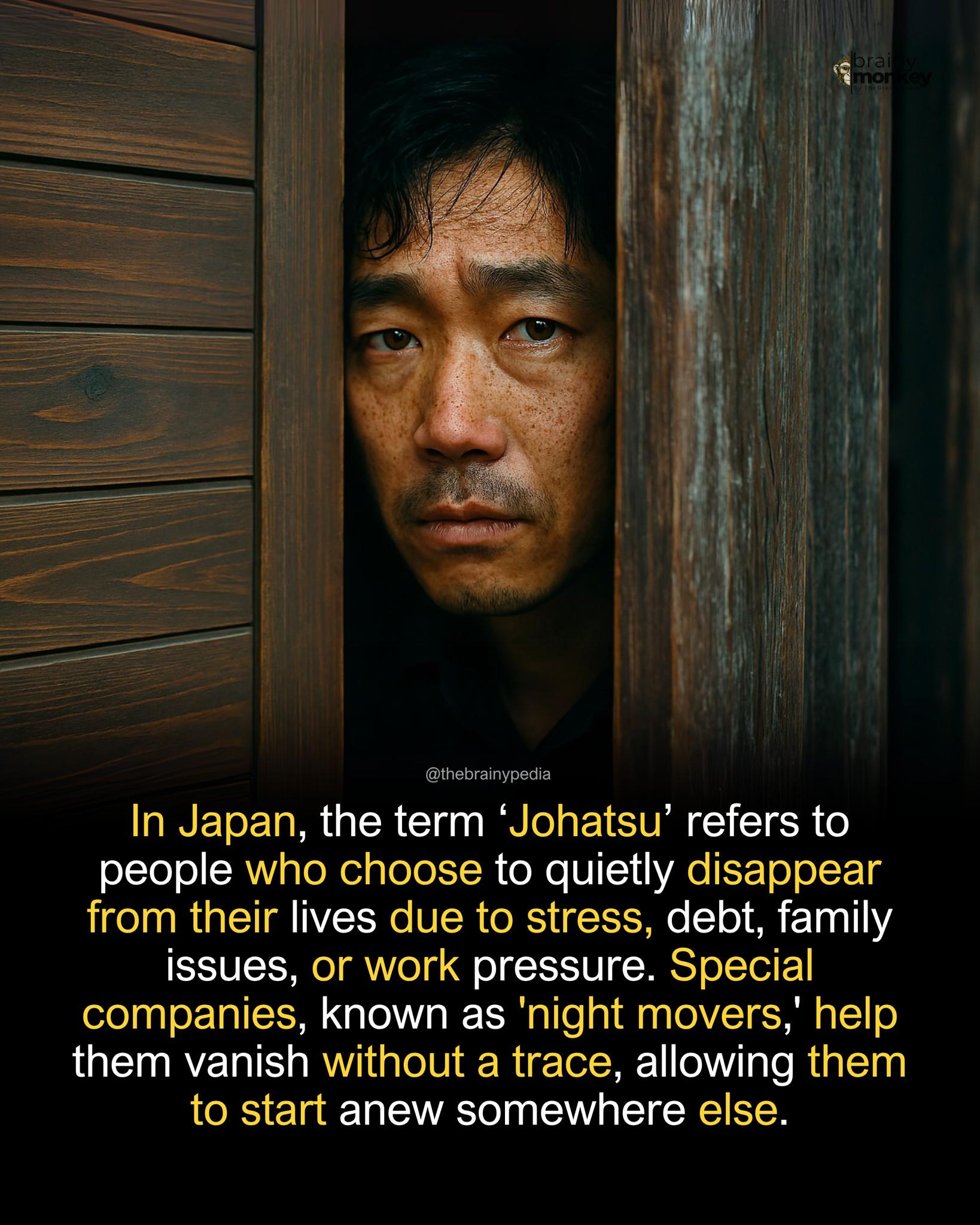In Singapore, advanced urban infrastructure is tackling the growing challenge of flash floods with the introduction of smart drains.
These drainage systems are equipped with sensors that monitor rainfall intensity, water levels, and flow rates in real time. When heavy rain is detected, the smart drains automatically open their gates or adjust flow channels to direct excess water away from vulnerable areas, reducing the risk of urban flooding.
The system is linked to a central control network, allowing authorities to respond instantly to changing weather conditions. In some cases, the drains can work in coordination with detention tanks and flood barriers, creating a layered defense against sudden downpours.
This automation not only protects streets and properties but also minimizes disruption to traffic and public services.
Singapore’s approach reflects its forward-thinking urban planning, where technology and sustainability go hand in hand. By preventing water from accumulating in low-lying areas, the smart drains help protect both infrastructure and the daily lives of residents.
As climate change increases the frequency of extreme weather events, such innovations could serve as a model for other flood-prone cities worldwide.
#UrbanResilience #FloodPrevention #SmartCitySolutions
Credits: Fact 27
These drainage systems are equipped with sensors that monitor rainfall intensity, water levels, and flow rates in real time. When heavy rain is detected, the smart drains automatically open their gates or adjust flow channels to direct excess water away from vulnerable areas, reducing the risk of urban flooding.
The system is linked to a central control network, allowing authorities to respond instantly to changing weather conditions. In some cases, the drains can work in coordination with detention tanks and flood barriers, creating a layered defense against sudden downpours.
This automation not only protects streets and properties but also minimizes disruption to traffic and public services.
Singapore’s approach reflects its forward-thinking urban planning, where technology and sustainability go hand in hand. By preventing water from accumulating in low-lying areas, the smart drains help protect both infrastructure and the daily lives of residents.
As climate change increases the frequency of extreme weather events, such innovations could serve as a model for other flood-prone cities worldwide.
#UrbanResilience #FloodPrevention #SmartCitySolutions
Credits: Fact 27
In Singapore, advanced urban infrastructure is tackling the growing challenge of flash floods with the introduction of smart drains.
These drainage systems are equipped with sensors that monitor rainfall intensity, water levels, and flow rates in real time. When heavy rain is detected, the smart drains automatically open their gates or adjust flow channels to direct excess water away from vulnerable areas, reducing the risk of urban flooding.
The system is linked to a central control network, allowing authorities to respond instantly to changing weather conditions. In some cases, the drains can work in coordination with detention tanks and flood barriers, creating a layered defense against sudden downpours.
This automation not only protects streets and properties but also minimizes disruption to traffic and public services.
Singapore’s approach reflects its forward-thinking urban planning, where technology and sustainability go hand in hand. By preventing water from accumulating in low-lying areas, the smart drains help protect both infrastructure and the daily lives of residents.
As climate change increases the frequency of extreme weather events, such innovations could serve as a model for other flood-prone cities worldwide.
#UrbanResilience #FloodPrevention #SmartCitySolutions
Credits: Fact 27
0 Kommentare
·0 Geteilt
·14K Ansichten














